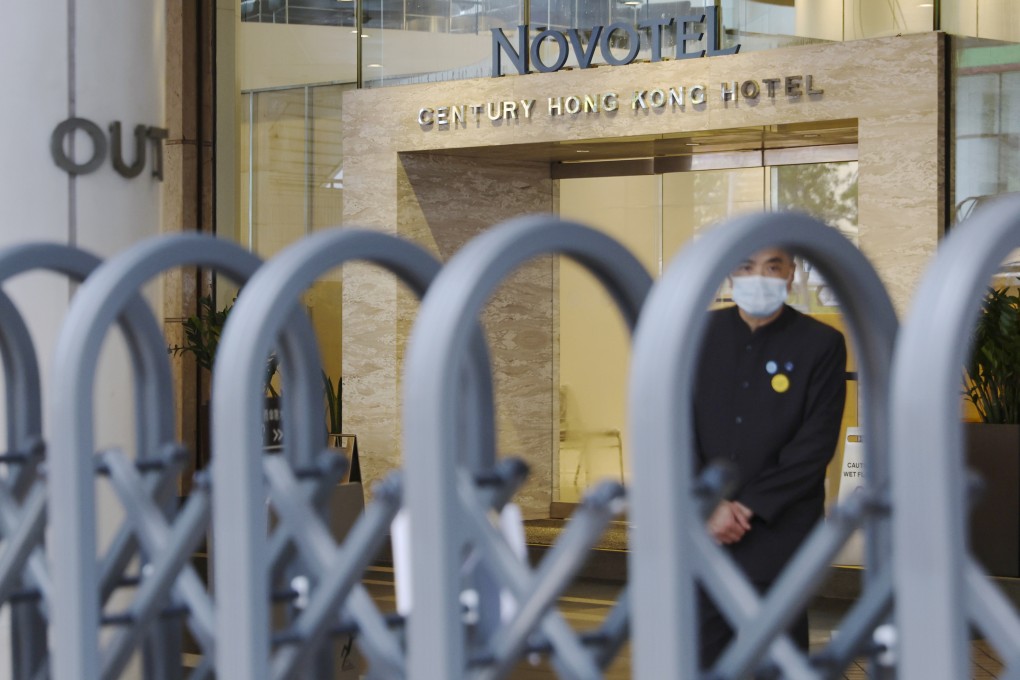Letters | Centralised booking system a fix for pricey Hong Kong quarantine rooms
- Readers suggest a way to minimise the confusion for incoming travellers, give best wishes for the city’s footballing heroes, agree with a tobacco ban for the young, and discuss how to plug a loophole in the rent control law

I am travelling for business and finally managed to get a room in August at a massive cost (for a low-quality hotel) because I must be in Hong Kong to apply for the Japanese visa I need two weeks later (Hong Kong is not alone in making travel difficult for business travellers).
But there is an obvious solution, other than home quarantine. And that would be to appoint a single, large, reputable travel agent to manage all the bookings. Make hotel rooms available for booking in one place, limited to a single booking per ID number to prevent scalping.
This would enable the true situation to become much clearer and travellers would have only one point of contact (who would be paid for their services, and required to meet performance targets like email and phone response times).